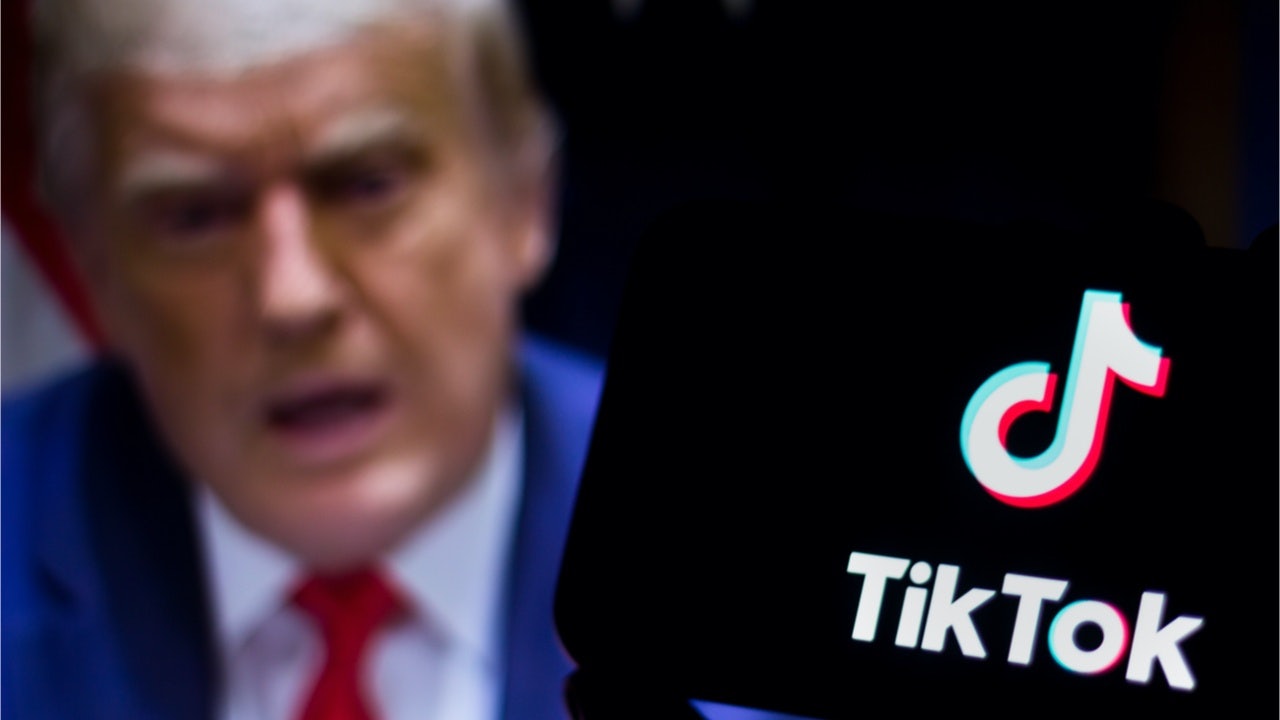What happened
Amid rising tensions with the Trump administration, former Disney executive Kevin Mayer resigned as CEO of TikTok after only three months at the helm of the company.
“In recent weeks, as the political environment has sharply changed, I have done significant reflection on what the corporate structural changes will require, and what it means for the global role I signed up for,” Mayer said in a letter to staff obtained by CNBC. “Against this backdrop, and as we expect to reach a resolution very soon, it is with a heavy heart that I wanted to let you all know that I have decided to leave the company.”
Hours after this shocking news broke, Walmart announced that it was joining forces with Microsoft in an attempt to buy TikTok.
Jing Take:#
On Monday, the short-video-sharing app owned by the Beijing-based company ByteDance announced that it is suing the Trump administration in response to the President’s executive order demanding that ByteDance divest all TikTok operations inside the US.
It is too early to anticipate how the market will react to these changes, but TikTok should have a hard time navigating a challenging political and economic landscape.
While the app is challenging the Trump administration’s executive order, the current distress surrounding TikTok could completely alter the company, and it could emerge from this crisis as an “American company.”
But that would come with risks, as consumers in China and other emerging markets where Anti-Americanism is prominent could switch to alternative apps.
The next TikTok is more than ready to emerge in China. TikTok’s top competitor, Likee (formerly LIKE), which is the Singapore-based short video platform owned by BIGO Technology (which, in turn, is owned by the Chinese company JOYY), would eagerly take over the app’s market share.
And while the company’s 100 million US-based active users and $500 million in US-revenue this year are impressive, they are still small compared to China, where Douyin recently hit 400 million daily active users. Furthermore, Bloomberg showed how Douyin — the Chinese version of TikTok — was responsible for 87 percent of the app’s revenue.
So, it makes sense for ByteDance to cut TikTok US loose, but more importantly, what does TikTok’s future look like in a world that’s exceedingly turning anti-US? And now, TikTok will have to survive in a highly saturated app market against both newcomers in China and established Western veterans like Facebook-owned Instagram.
The Jing Take reports on a piece of the leading news and presents our editorial team’s analysis of the key implications for the luxury industry. In the recurring column, we analyze everything from product drops and mergers to heated debate sprouting on Chinese social media.
